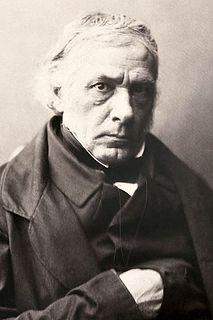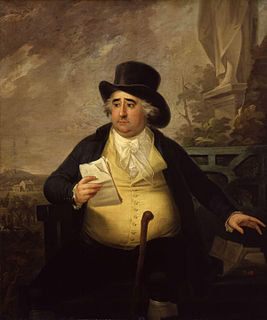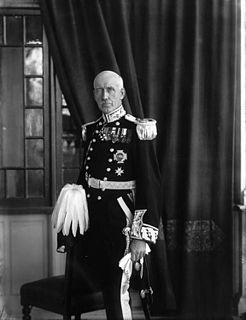A Quote by Thomas Jefferson
No man has a natural right to commit aggression on the equal rights of another; and this is all from which the laws ought to restrain him.
Related Quotes
Those rights, then, which God and nature have established, and are therefore called natural rights, such as life and liberty, need not the aid of human laws to be more effectually invested in every man than they are; neither do they receive any additional strength when declared by the municipal laws to be inviolate. On the contrary, no human legislature has power to abridge or destroy them, unless the owner shall himself commit some act that amounts to a forfeiture.
Morally a woman has a right to the free and entire development of every faculty which God has given her to be improved and used to His honor. Socially she has a right to the protection of equal laws; the right to labor with her hands the thing that is good; to select the kind of labor which is in harmony with her condition and her powers; to exist, if need be, by her labor, or to profit others by it if she choose. These are her rights, not more nor less than the rights of the man.
Among the features peculiar to the political system of the United States is the perfect equality of rights which it secures to every religious sect. [...] Equal laws protecting equal rights, are found as they ought to be presumed, the best guarantee of loyalty, and love of country; as well as best calculated to cherish that mutual respect and good will among citizens of every religious denomination which are necessary to social harmony and most favorable to the advancement of truth.
All men have an equal right to the free development of their faculties ; they have an equal right to the impartial protection of that sovereign justice which is called the State ; but it is not true, it is against all tho laws of reason and equity, it is against the eternal nature of things, that the indolent man and the laborious man, the spendthrift and the economist, the imprudent and the wise, should obtain and enjoy an equal amount of goods.
It is not the right of property which is protected, but the right to property. Property, per se, has no rights; but the individual - the man - has three great rights, equally sacred from arbitrary interference: the right to his life, the right to his liberty, the right to his property The three rights are so bound together as to be essentially one right. To give a man his life but to deny him his liberty, is to take from him all that makes his life worth living. To give him his liberty but take from him the property which is the fruit and badge of his liberty is to still leave him a slave.
Whatever each man can separately do, without trespassing upon others, he has a right to do for himself; and he has a right to a fair portion of all which society, with all it combinations of skill and force, can do in his favor. In this partnership all men have equal rights; but not to equal things.
Does man's freedom consist in revolting against all laws? We say no, in so far as laws are natural, economic, and social laws, not authoritatively imposed but inherent in things, in relations, in situations, the natural development of which is expressed by those laws. We say YES if they are political and juridical laws, imposed upon men by men.
The laws of thought are natural laws with which we have no power to interfere, and which are of course not to be in any way confused with the artificial laws of a country, which are invented by men and can be altered by them. Every science is occupied in detecting and describing the natural laws which are inflexibly observed by the objects treated in the Science.
First there is the democratic idea: that all men are endowed by their creator with certain natural rights; that these rights are alienable only by the possessor thereof; that they are equal in men; that government is to organize these natural, unalienable and equal rights into institutions designed for the good of the governed, and therefore government is to be of all the people, by all the people, and for all the people. Here government is development, not exploitation.
































